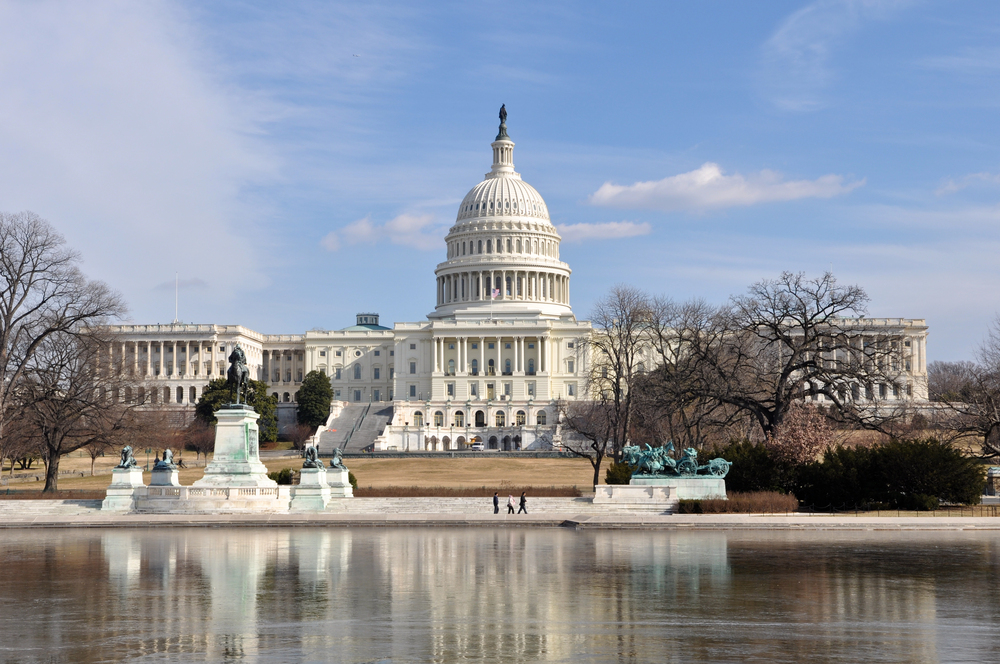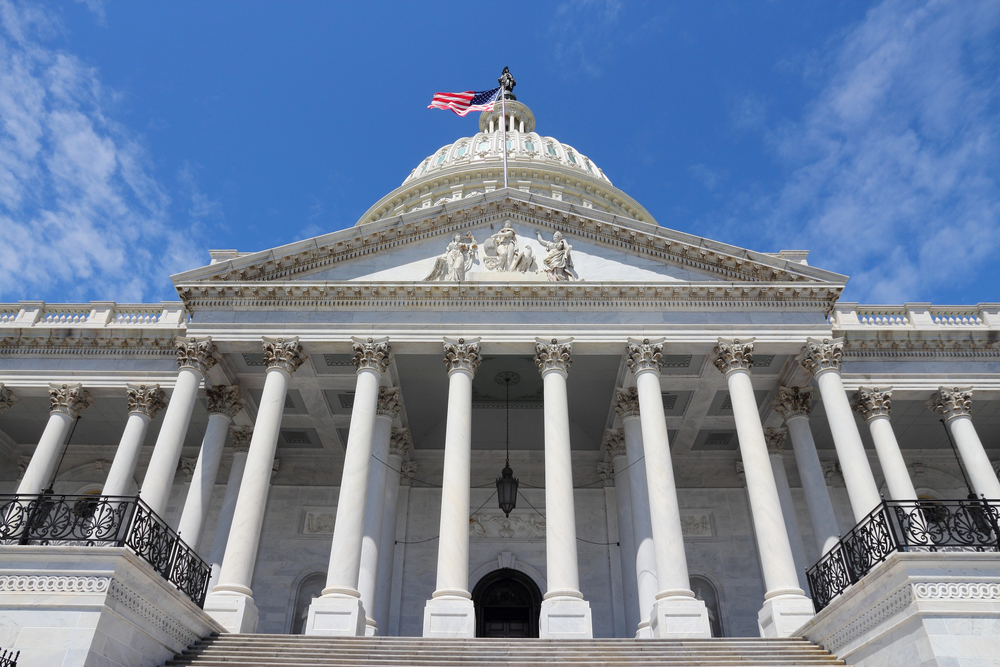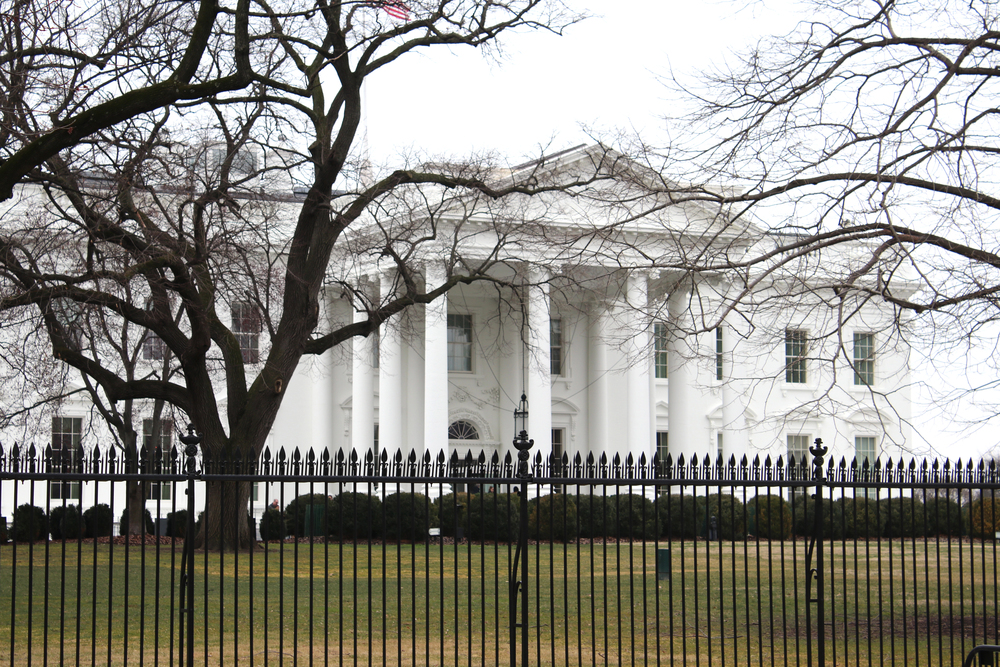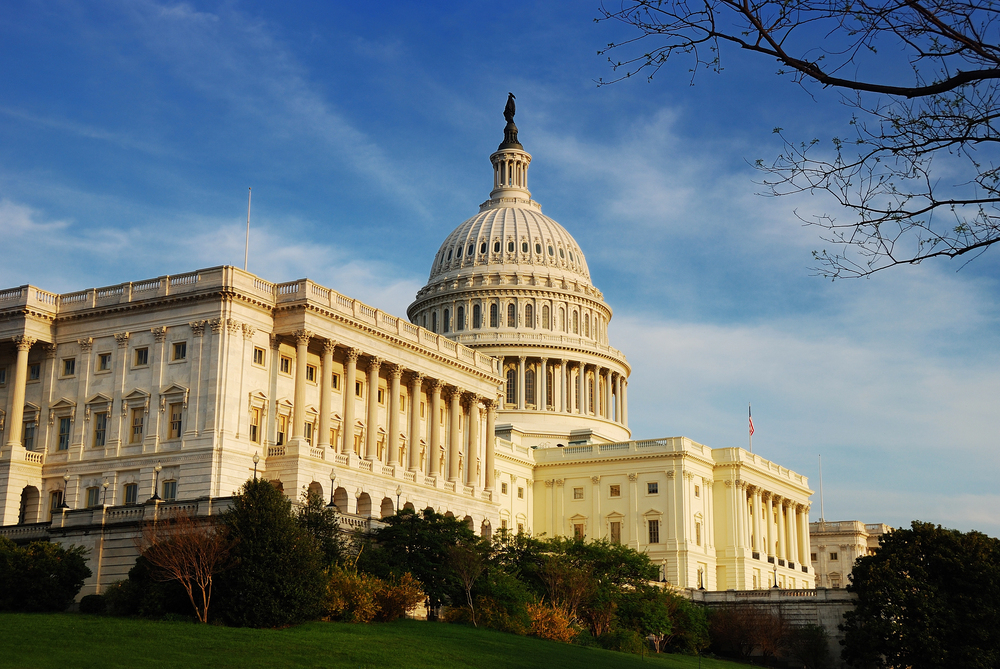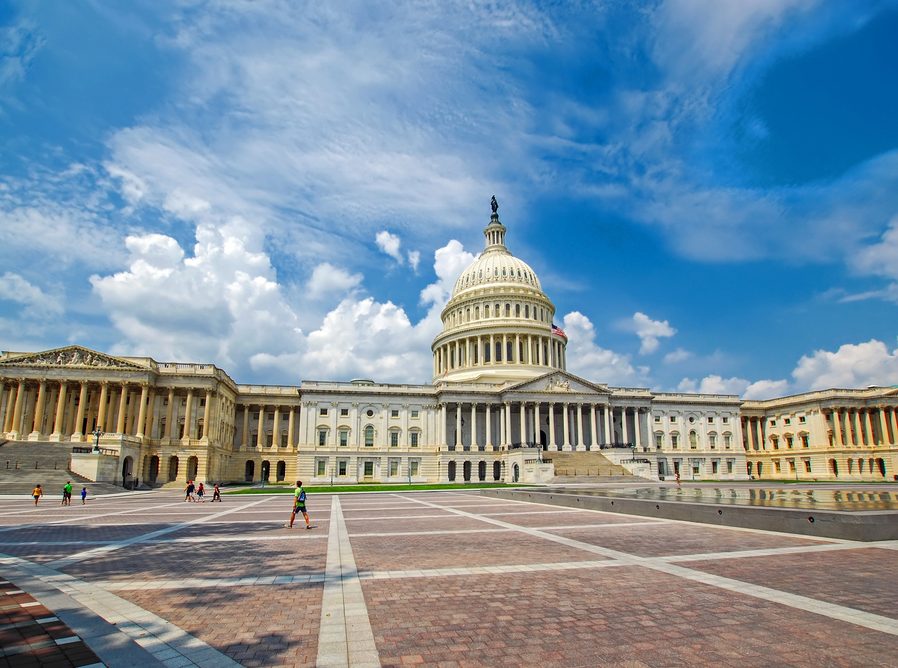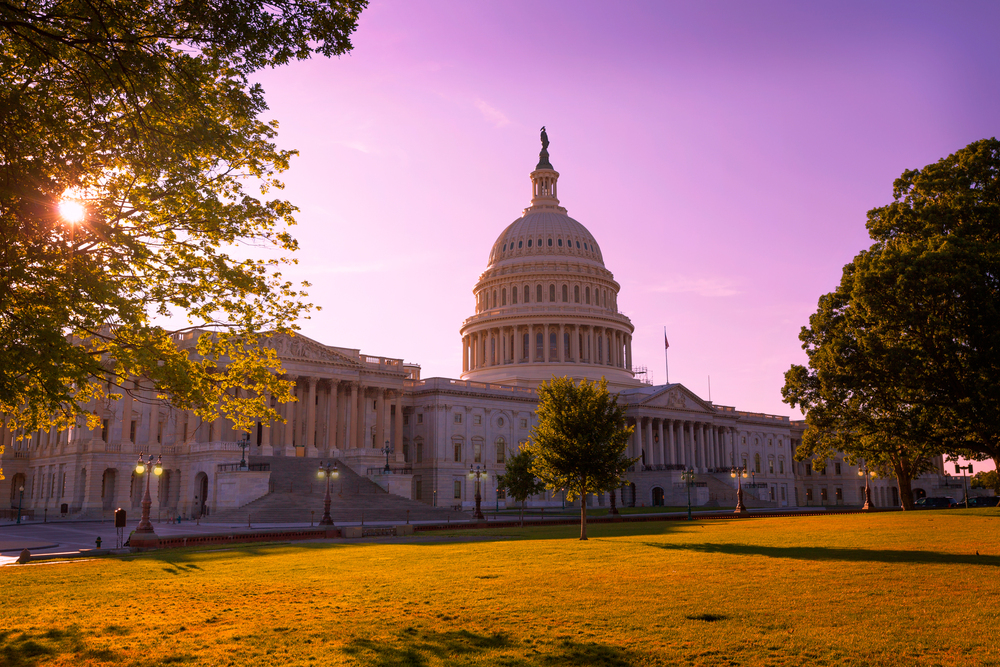Biden Executive Order Takes Aim at Noncompete Agreements
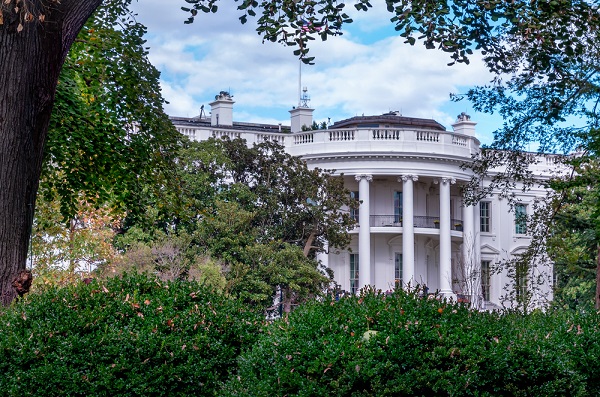
By: Wyatt Stewart and Wes Bissett
Last Friday, President Biden signed an executive order that the White House says is meant to promote competition in the American economy. The order includes 72 initiatives by more than a dozen federal agencies to tackle what President Biden says are some of the most pressing competition problems across the U.S. economy.
In the section of the executive order on labor markets, President Biden encourages the Federal Trade Commission (FTC) to ban or limit noncompete agreements. Specifically, the executive order states that, “to address agreements that may unduly limit workers’ ability to change jobs, the Chair of the FTC is encouraged to consider working with the rest of the Commission to exercise the FTC’s statutory rulemaking authority under the Federal Trade Commission Act to curtail the unfair use of noncompete clauses and other clauses or agreements that may unfairly limit worker mobility.”
As the FTC begins to exercise its rulemaking authority on noncompete agreements, the Big “I” plans to solicit feedback from its members and submit comments at the appropriate time.
In addition to President Biden’s executive order, limiting noncompete clauses has garnered some bipartisan support in Congress. Earlier this year, Sens. Chris Murphy (D-Connecticut) and Todd Young (R-Indiana) reintroduced S. 483, the “Workforce Mobility Act,” in the U.S. Senate, while Reps. Scott Peters (D-California) and Pete Meijer (R-Michigan) introduced the same legislation in the U.S. House of Representatives.
The legislation would narrow the use of noncompete agreements to include only necessary instances of a dissolution of a partnership or the sale of a business. The legislation would also place the enforcement responsibility on the FTC and the Department of Labor, as well as create a private right of action. Notably, the legislation would require employers to make their employees aware of the limitations.
Noncompete agreements have also been scrutinized at the state level by officials from both major political parties, and a number of states have enacted measures that restrict their use. So far, these efforts and the calls for action from most federal and state lawmakers have focused on traditional noncompete agreements and have not extended to the use of customer and employee non-solicitation agreements and nondisclosure agreements which are more widely used by independent agencies.
As the Biden administration and Congress continue to take action on noncompete clauses and potentially other restrictive covenants, the Big “I” will continue to advocate on behalf of independent agents while continuing to provide members with any important updates in the weekly News & Views e-newsletter.
Wyatt Stewart is Big “I” assistant vice president of federal government affairs. Wes Bissett is Big “I” government affairs senior counsel.


